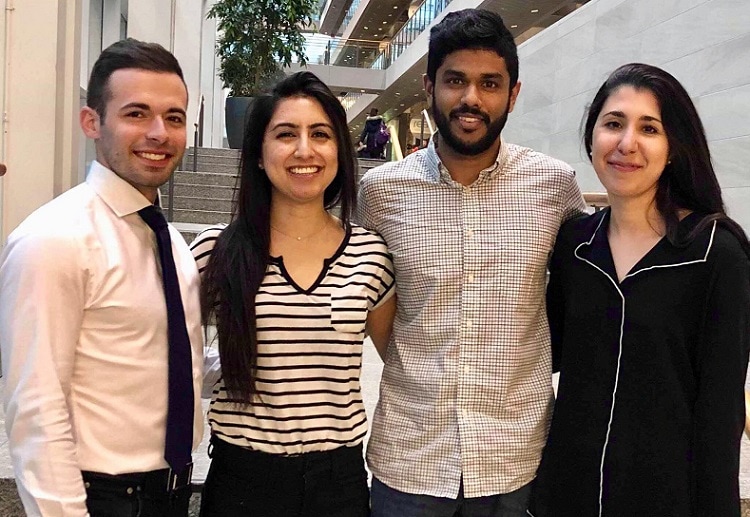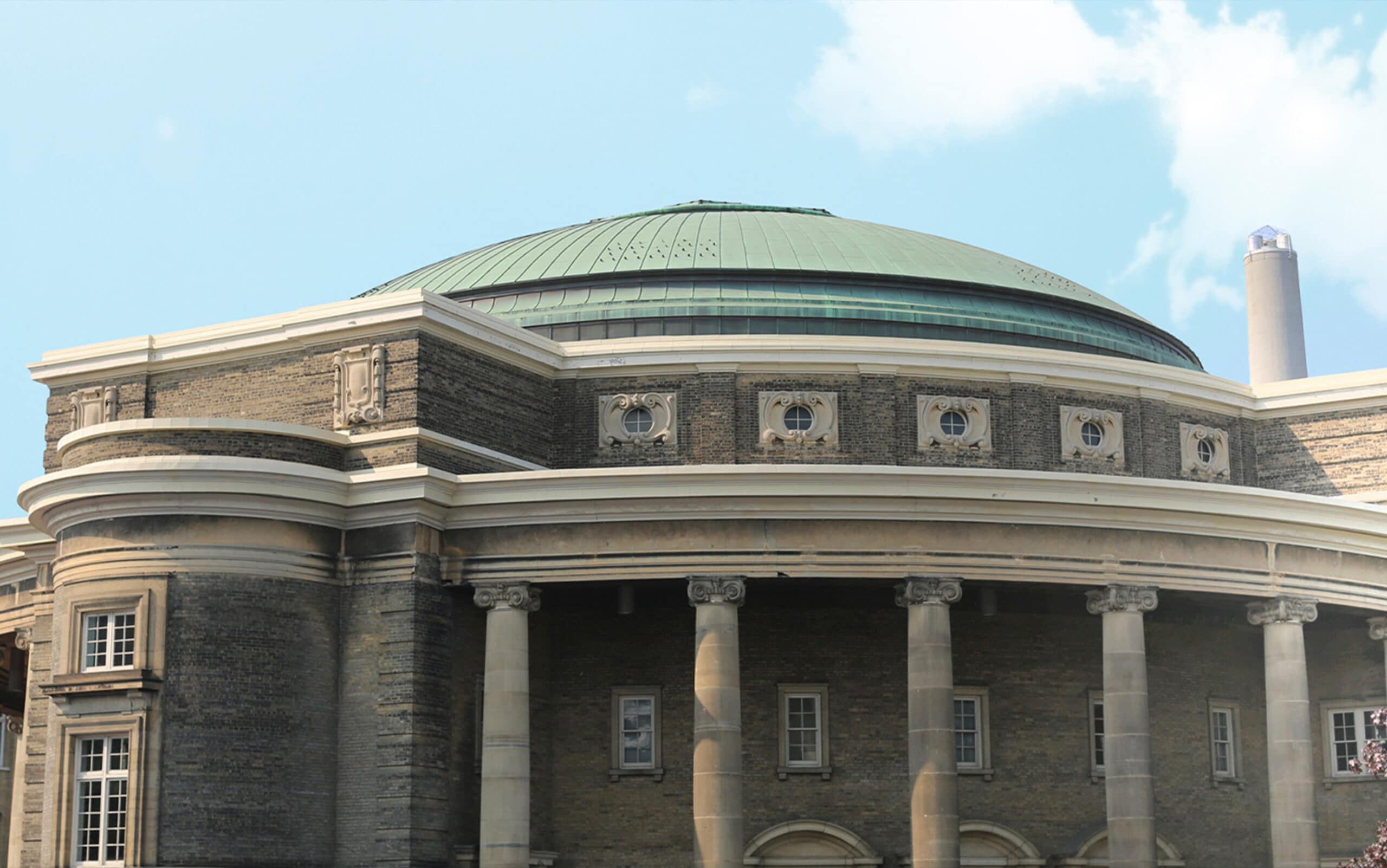MD Students’ study guide generates millions for student initiatives
The Toronto Notes project has helped U of T's MD students give back to the University on an impressive scale.

Every year, U of T MD students revise and update Toronto Notes — a study guide for medical trainees sold across Canada and internationally — dedicating their profits to student initiatives at the Faculty of Medicine. The group donated close to $3.7 million to U of T. This year’s editors and production managers reflect on the initiative and their foray into medical education and philanthropy.
What is Toronto Notes — and what has it been like to be involved with it?
Tara Tofighi and Mark Shafarenko, Toronto Notes 2019 editors-in-chief: Toronto Notes started over 35 years ago as a compilation of notes prepared by senior medical students, which was passed down between years as a reference source in clerkship and for licensing exams. Since then, we have grown into one of the most reputable resources used by medical students across Canada and internationally. That is the most rewarding aspect: knowing we can share this work with our peers across the country.
As editors, it’s been incredible to be part of an initiative that brings together over 100 students and faculty members in revising and updating this book annually. It feels like a community coming together, and it’s a privilege to be part of this team.
Sara Mirali and Ayesh Seneviratne, Toronto Notes 2019 production managers: As production managers, we’ve been able to get real business experience. We’re involved in marketing, sales, taking care of orders, shipping and customer service. We work with a lawyer to handle copyright issues, and an accountant on the financial side.
We’re both in the MD/PhD program and have plans of doing research, running a laboratory and getting involved in commercialization, so this experience is really valuable.
A large portion of your profits go into student support at the Faculty of Medicine. Which initiatives are you supporting?
Tara and Mark: One of our favourite parts of the organization is that the proceeds go into student initiatives — with so many students and faculty involved in making this happen, and learning a lot along the way, it’s great to be able to give back in a direct way.
Sara and Ayesh: That’s right. We donate 80 per cent of profits back to the Faculty of Medicine, and the other 20 per cent goes to operational reserve. Our donation to the Faculty is typically between $220,000 and $280,000 annually — we’ve contributed almost $3.7 million to U of T — and goes toward supporting current MD students.
For example, some of the things we’re currently funding include travel bursaries to help MD students get to residency matching interviews, wellness and counselling support through the Office of Health Professions Student Affairs, funding for class councils and the Medical Student Research Day.

